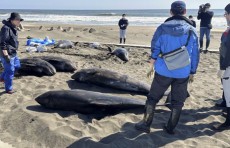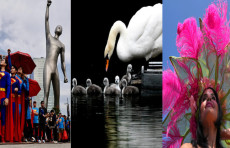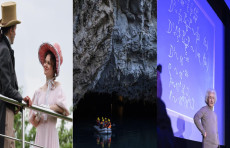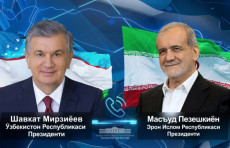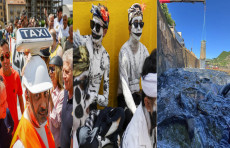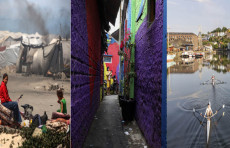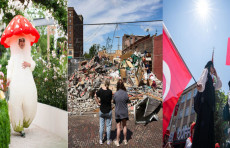Nikita Makarenko: Domestic TV Must Win Over the Viewer
Nikita Makarenko: Domestic TV Must Win Over the Viewer
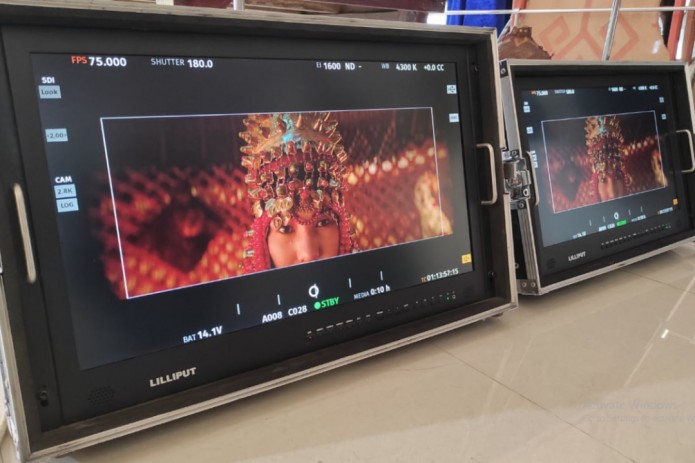
In January, the President of Uzbekistan, Shavkat Mirziyoev, called the creation of national content an important task for the information security of Uzbekistan. The head of state emphasized that if we do not take content creation into our own hands in the media space of Uzbekistan, the vacuum will be filled by foreign products.
How is content production in Uzbekistan going? What difficulties and challenges exist? We decided to talk about this with one of the Uzbek TV and film producers: Nikita Makarenko, also known for his Telegram channel "Makarenko’s Effect".
Nikita, as Americans say, "you are a man of many hats." Many know you as a journalist and public figure. Tell us more about your projects on television and in cinema.
It's true, most people know me for my activity in the media. But my work and life in the last ten years have been closely linked to the production of "moving pictures" - movies, music videos, TV programs, videos, and much more. Mainly, I dedicate my time to this area, especially after I left "big" journalism in 2020, leaving the team of the website Gazeta.uz. Probably many have seen on the Internet my music video "Tomorrow," watched the series of movies "O’zbekistonlik" or my TV show "New Reportage" on UzReport TV. This is just a small part of the projects I have been and am working on.
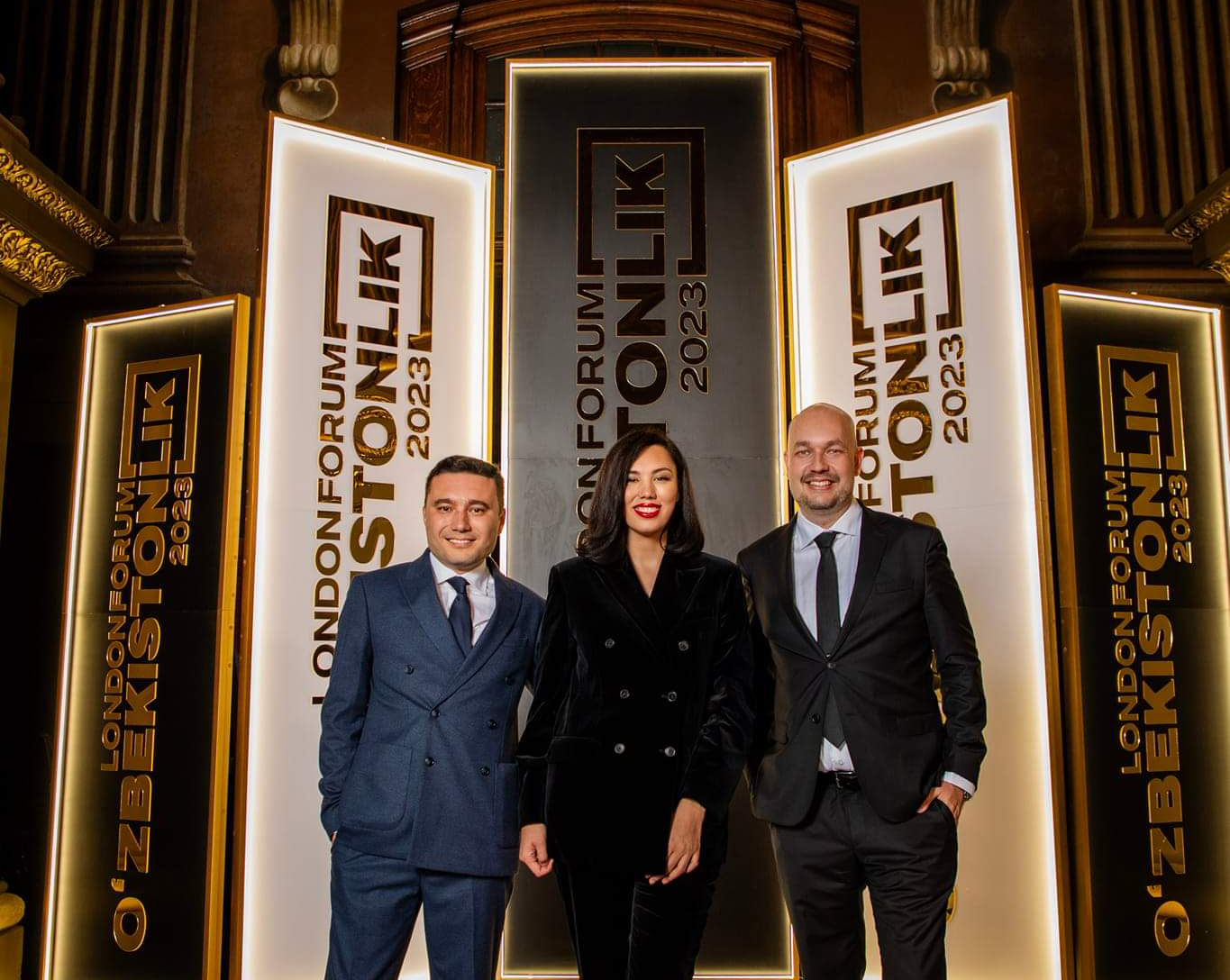 Yes, the series O’zbekistonlik and other products under the label "Uzbekistan’s Club" have been increasingly conquering the media space of Uzbekistan lately. And this is a good example of "national content." Please tell us more about these projects.
Yes, the series O’zbekistonlik and other products under the label "Uzbekistan’s Club" have been increasingly conquering the media space of Uzbekistan lately. And this is a good example of "national content." Please tell us more about these projects.
Uzbekistan’s Club is an international non-governmental organization aimed at creating high-quality national media content. I am one of the producers of the organization, together with my partners, director Mukhlisa Azizova and producer Oybek Abdushukurov. The organization has a simple mission: to work towards uniting the nation of Uzbekistanis. Precisely Uzbekistanis! Only in this spelling of the word and no other. We declare that Uzbekistanis are a talented, hardworking, and competitive nation. To fulfill our mission, we produce a wide range of media products. As a producer, I participate in the filming of our flagship series "O’zbekistonlik," the side-show "O’zbekistonlik. Students," and work on the magazine Uzbekistan’s Club and our international forums "O’zbekistonlik." I am also currently busy with launching our new podcast show "O’zbekistonlik. Podcast," which will be released on TV, radio, streaming platforms, and YouTube.
Do you feel any changes in society? Results from releasing your products?
Of course! Our series already have their own large, strong audience that is constantly expanding. Viewers love our content; it airs on Saturday prime times and gets excellent TV ratings. On YouTube, our films have been watched by several million people, with just the "anthem" of the project, the song "O’zbekistonlik," currently having 1,6 million views on YouTube. But what motivates us most are the hundreds of thousands of comments from real Uzbeks. You can read them too. They write about how the role models of our heroes helped them change their lives. Mothers write about not marrying off their daughters at 19 anymore but helping them study. Teenagers write about deciding to learn English after our films. People's destinies are changing. This inspires me.
I noticed that you are not indifferent to social problems. You not only promote gender equality values but also pay a lot of attention to environmental issues. For example, you have produced several projects dedicated to the Aral Sea. Tell us about them and why you are interested in this region.
I sincerely love the people of Karakalpakstan and their land with all my heart. I don't know why. There is no rational reason. I just once ended up there in 2017 and immediately fell in love. I see it as my mission to tell as many people in the world about this region as possible. And how can this be done most effectively? Through cinema and TV. Currently, as a director and producer, I have shot the successful music video "Tomorrow," in which the Aral Sea is returned using computer technologies. It was shown on almost all TV channels in the country and has about 120,000 views on YouTube. The music video made it to the finals of the Eurasian Creative Guild Film Festival. Then, together with the Uzbekistan’s Club team, we continued to develop this theme. In 2022, we shot the short feature film "Sho’rxok" (Salt Desert) with popular actor Erkin Bozorov. It was selected for the official program of the American Florida Film Festival and Environmental Film Festival. It received an honorary mention at the Cinema Verde festival. The next short film, in which I was one of the producers, "Salty Lives," also received critical attention. It tells about the women of Karakalpakstan. The film was selected for the program of the American festivals Los Angeles Documentary and Awareness and was shown at the prestigious BNP Paribas Green festival in Krakow, Poland. We promise to continue drawing attention to this wonderful region.
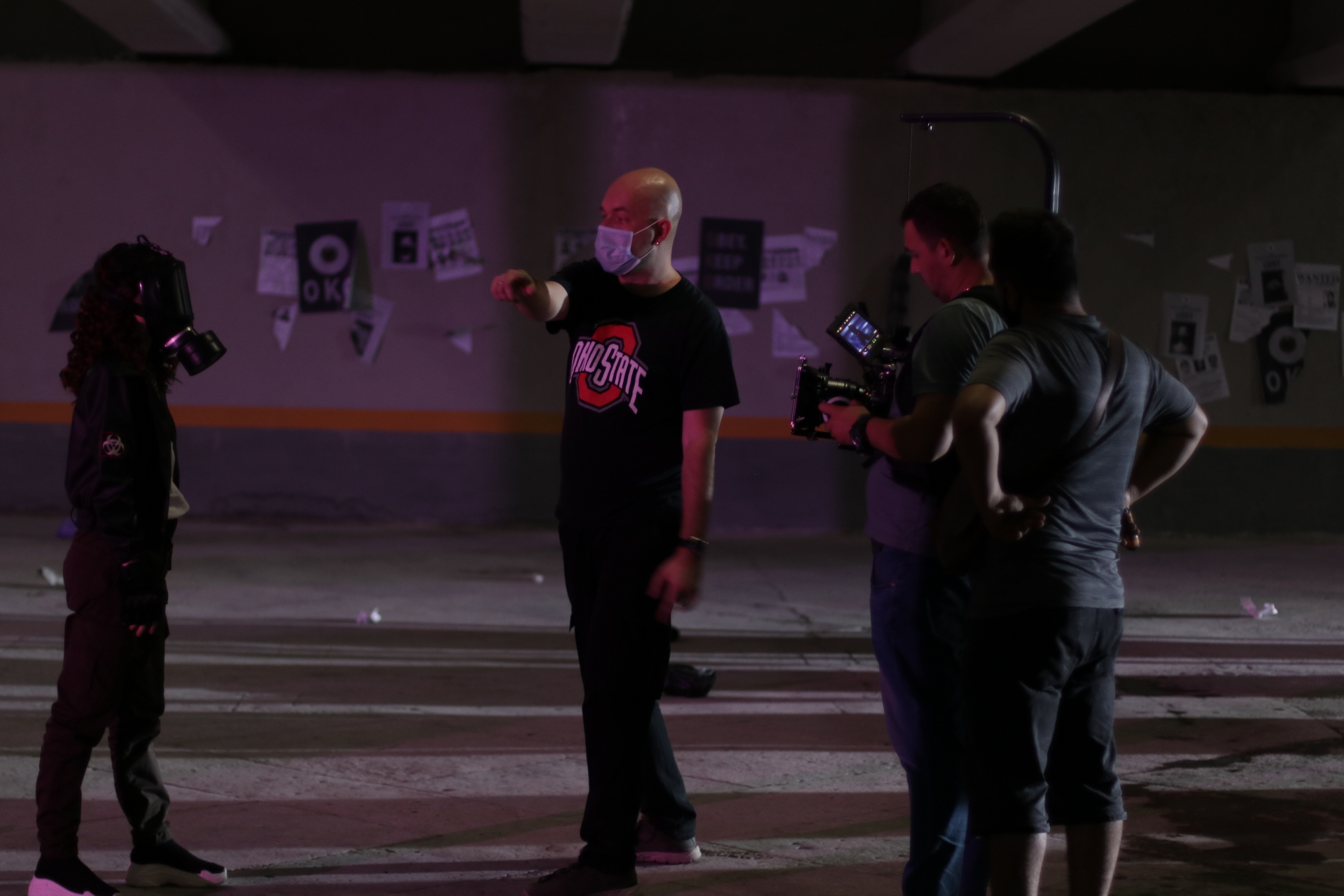
Indeed, the Aral Sea region is little known around the world. Maybe because it rarely appears on the screens of world TV channels and in cinema?
You are right. Unfortunately, Uzbekistan is also a "rare guest" on big TV and in cinema. Foreign producers and directors overlook our country. Unfortunately, it is not easy to work here. There are no necessary conditions, no rebate system - the return of part of the funds invested in the economy, a huge shortage of personnel in the creative industry. Other countries can offer not only beautiful landscapes and interesting culture but also attractive production conditions. We cannot yet offer the latter. Nevertheless, the interest in our country is huge. And much is achieved. In 2022, I worked as one of the producers of the National Pavilion of Uzbekistan at the Cannes Film Festival. Directors wanting to shoot in Uzbekistan lined up to meet us. We tried to interest and invite everyone, promote our country. But all these words must be backed up by practical actions. Conditions need to be created, including legal and economic ones.
You mentioned that one of the most serious problems of our creative industry is education. How did you manage to enter the profession?
Only through practice. I graduated from the journalism faculty and worked for a long time on the radio in various publications. I became interested in video production. I shot commercials, worked as a video content producer for the Asian Development Bank and other international organizations. But the key moment was my progress in English, which I learned by myself. I realized that there was simply no one to work with foreign film crews in our country. And I started doing this, creating a professional reputation. I have worked on dozens of successful shows and programs shot by world TV companies. Perhaps one of my most famous projects is working as a local producer on the BBC Two show "Race Across the World." In this reality show, 5 groups of travelers must get from London to Singapore without money, only by land. I was responsible for organizing the filming in Kazakhstan and Uzbekistan. The show was very successful and in 2020 won the BAFTA, the "British Oscar," as the best TV show of the year. In addition to this, I worked with the famous director David Sington, a Sundance award winner, on his film "The Secret History of Writing," shot episodes of the show "World's Most Dangerous Roads" in Zaamin and the Nurata Mountains for Warner Brothers, the reality show "Peking Express" for the French TV channel M6, the show "Forst Til Verdens Ende" for Danish TV2. I even worked with Bollywood when in 2016, together with producer Stanislav Solovkin, I organized the Uzbekistan audition for the Indian version of the show "The Voice," the program "Dil Hai Hindustani" for the Star Plus channel. In 2023, I worked with BBC and CNN on the shows "The Heat of Central Asia" and "Spirit of Samarkand." All this has allowed me to accumulate a lot of experience working with producers and directors of world renown. I think I have enough experience to launch some domestic reality show at the highest level.
You listed many foreign projects. Recently, President Shavkat Mirziyoyev mentioned the need to create national content specifically. What do you think about this?
I believe that it is very timely and critically important. We are losing the battle for the domestic viewer on television. On the Internet, people mostly get information from local news resources according to statistics. Here our media has managed to win the trust and love of the viewer. But on television, we are still losing to Russian TV channels. They attract viewers with their entertainment shows and big budgets. Naturally, a viewer who chooses a foreign channel remains there for news blocks too and receives distorted information beneficial to the foreign country. It is very important for our television to actively engage in the battle and create powerful, entertaining, intellectual content of all genres. Our creative team tries to contribute as much as possible to this process. Among the successful projects of colleagues, I can highlight the very successful adaptation of the "X Factor" TV show on the FTV channel under the leadership of producer Ravshankhon Djuraev. National series have also been developing well – the excellent mini-series "Hokim" and the crime series "Officer 55" by Rustam Meliev recently aired. But strong support is needed. Grants, government orders, the development of product placement culture.
And finally, how do you see the future of our television?
I think that our TV channels should shift from independent content production to purchasing quality films, series, and TV programs from private studios-contractors. More and more content is being created in Uzbekistan using this model. This is a globally accepted practice. The TV channel itself cannot create enough quality content. Healthy competition is needed. This way, an attractive product will appear in sufficient quantity. We need to implement the practice of purchasing foreign formats more broadly. There is no point in inventing our own show when you can adapt an already globally recognized and loved title. With guaranteed success. And finally, we need to expand dubbing into the Uzbek language. Films, series – should be massively translated and released on screens. Naturally, under a license. Here, it is very necessary to subsidize and support dubbing studios and distributors. This way we will bring the viewer back to our screens. I wish all colleagues success and inspiration! We have a lot of work ahead. The viewer is waiting for us.





.png)






